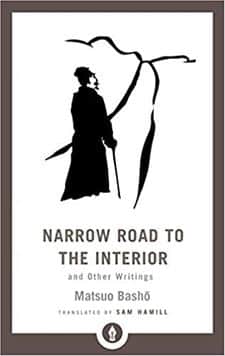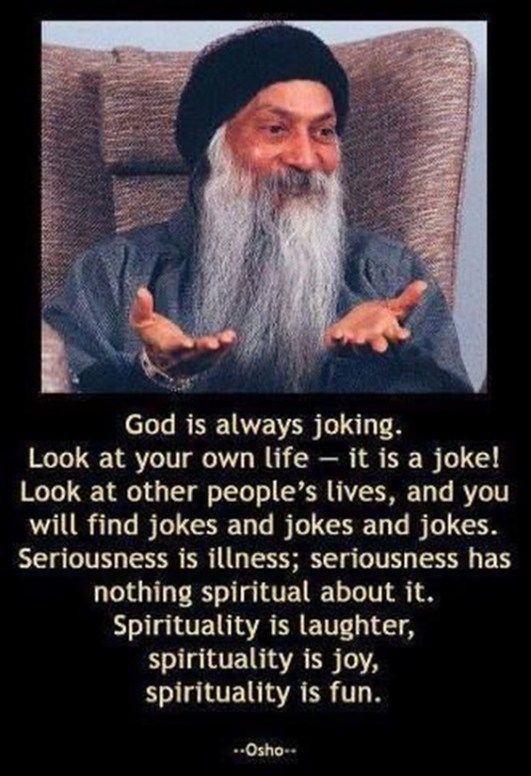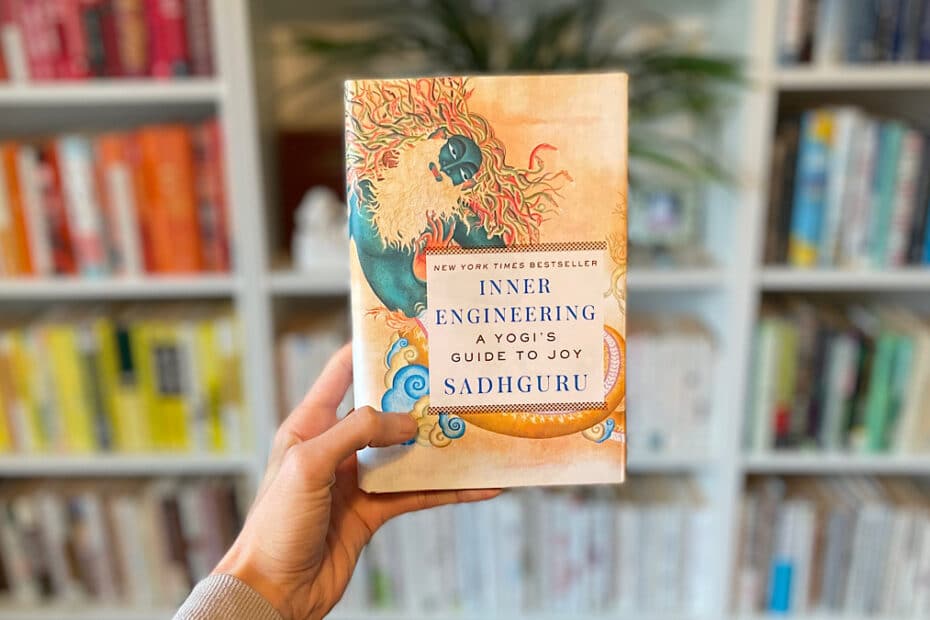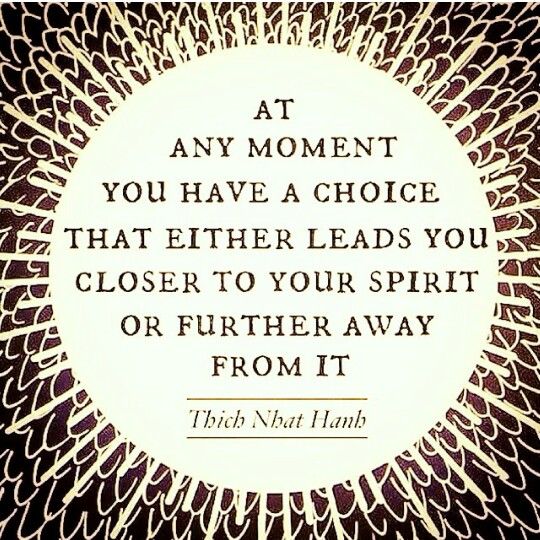Narrow Road To The Interior [Book]

Book Overview: A masterful translation of one of the most-loved classics of Japanese literature—part travelogue, part haiku collection, part account of spiritual awakening
Bashō (1644–1694)—a great luminary of Asian literature who elevated the haiku to an art form of utter simplicity and intense spiritual beauty—is renowned in the West as the author of Narrow Road to the Interior, a travel diary of linked prose and haiku recounting his journey through the far northern provinces of Japan.
Post(s) Inspired by this Book:
19 Quotes from Narrow Road To The Interior on Solitude, Travel, and Poetry






